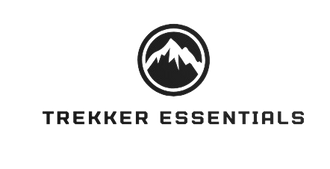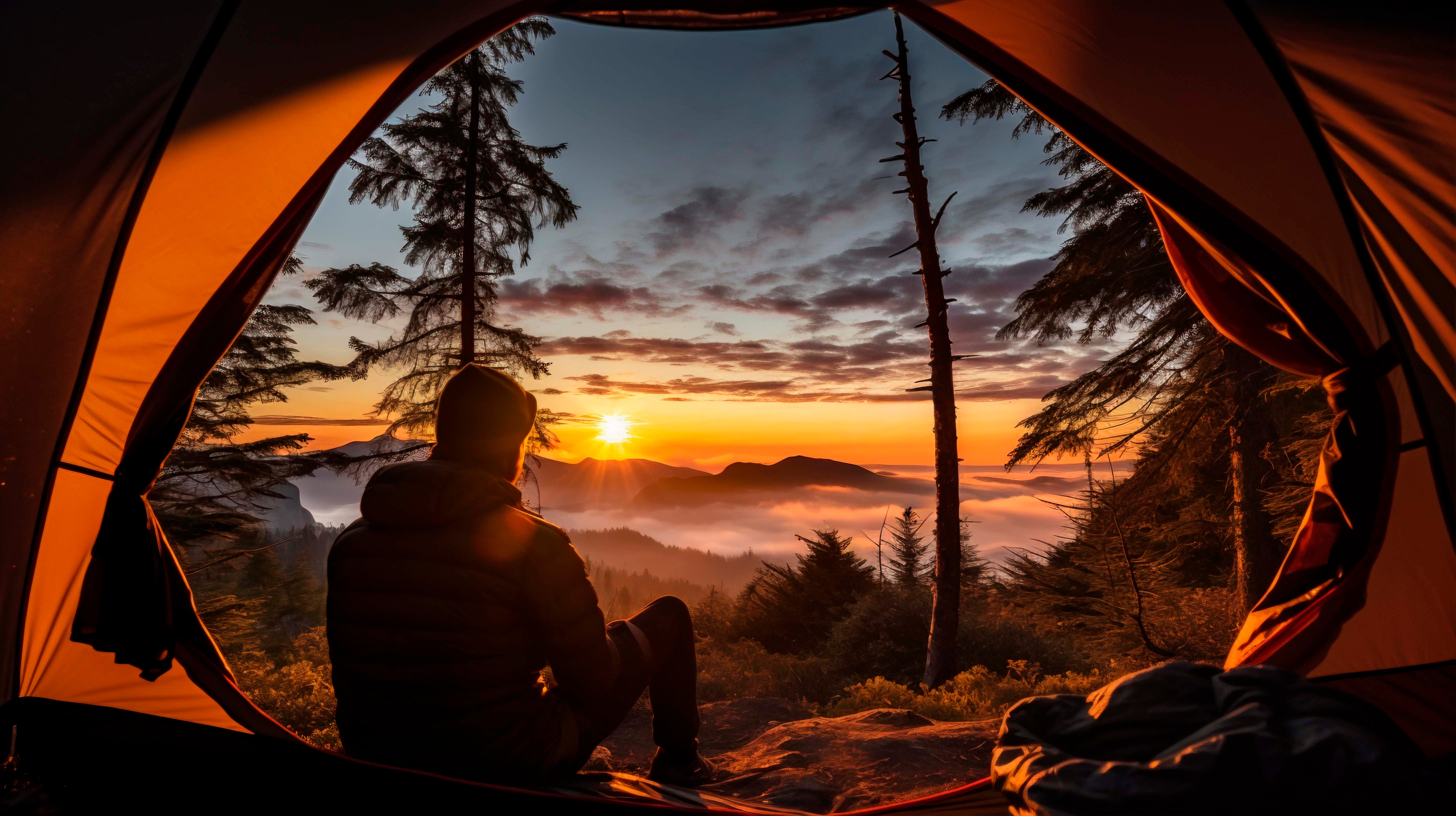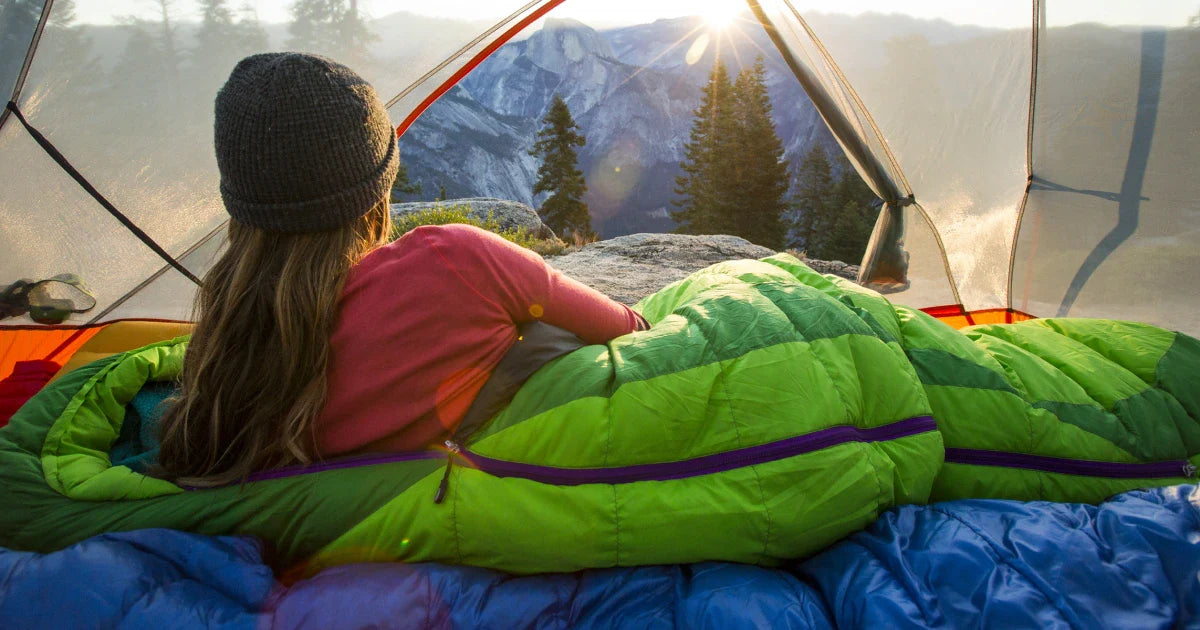
Renting vs. Buying Camping Equipment: Which One Is the Best?
Camping is an exhilarating way to experience nature, enjoy the outdoors, and take a break from the daily grind. But before you pack your bags and head into the wilderness, there’s one essential decision every camper has to make: should you rent or buy camping equipment? This decision depends on various factors, such as how often you plan to camp, your budget, and the quality of gear you need.
In this blog, we’ll dive deep into the pros and cons of renting vs. buying camping equipment. By the end, you’ll have a clear understanding of which option suits your camping style best, so you can make the most informed choice. Plus, we’ll include tips on how to choose the right gear and offer a call to action from Trekker Essentials to help you gear up for your next adventure.
Factors to Consider When Deciding Between Renting or Buying
Before we delve into the specific advantages of renting and buying, let’s first look at some key factors to consider. These elements can shape your decision, ensuring you get the most value from your investment in camping gear.
1. Frequency of Camping
One of the first questions to ask yourself is how often you plan to go camping. If you camp regularly—more than two or three times a year—buying may be a more economical choice in the long run. On the other hand, if you only camp occasionally or if you’re new to the activity and unsure about making it a long-term hobby, renting camping gear can be more cost-effective and practical.
2. Cost and Budget
Your budget is a major factor. Renting camping equipment might seem like a cheaper option upfront because you pay only for the duration of your trip. However, for avid campers, the recurring cost of renting may add up over time, making it more expensive than purchasing your own gear. Buying camping gear involves an initial investment, but it can save you money if you camp frequently.
3. Storage Space
If you live in an apartment or a home with limited storage, renting could be the more convenient option. Camping equipment—such as tents, sleeping bags, and portable stoves—can take up considerable space, and not everyone has the luxury of a basement or garage to store these items year-round.
4. Equipment Maintenance
When you own camping gear, the responsibility for cleaning, storing, and maintaining it falls on you. Rental equipment is maintained by the rental company, so you don’t need to worry about upkeep. If you’d prefer to avoid the hassle of gear maintenance, renting might be the better option.
5. Gear Quality and Customization
High-quality gear can make a significant difference in your camping experience. If you’re someone who values having top-notch, specialized gear for your trips, buying will allow you to choose equipment that suits your preferences. Rental camping gear, on the other hand, may be more generalized and not always the highest quality.
The Pros and Cons of Renting Camping Equipment
Let’s take a closer look at the benefits of renting camping gear and some of the drawbacks to help you weigh your options.
Pros of Renting Camping Equipment
1. Affordability for Occasional Campers
Renting is typically the more affordable option if you only camp occasionally. You don’t have to shell out a large upfront investment, which can be helpful if you’re camping on a tight budget.
2. No Long-Term Commitment
For those new to camping or uncertain whether they’ll continue the hobby, renting provides the flexibility to try different types of equipment without committing to owning gear you may not use frequently. It’s a low-risk way to test the waters of the camping world.
3. No Maintenance Hassle
When you rent, you won’t need to worry about cleaning or repairing the equipment after your trip. The rental company handles maintenance, ensuring that the gear is ready for use when you need it.
4. Storage Space Not Required
If you lack sufficient storage space at home, renting eliminates the need for long-term storage. Once your camping trip is over, simply return the gear and avoid the hassle of finding a place to store bulky items like tents or coolers.
5. Try Before You Buy
Renting gives you the opportunity to test different types of gear before making a purchase. Whether it’s trying out different tent models, sleeping bags, or hiking backpacks, you can experiment and see what works best for you before making a long-term investment.
Cons of Renting Camping Equipment
1. Recurring Costs
While renting may seem affordable for one-off trips, the costs can add up if you camp frequently. If you plan to camp multiple times a year, buying may save you more money in the long term.
2. Limited Customization
When renting, you may not have access to the exact model or brand of gear you prefer. Rental companies often have a standard selection of equipment, which may not match your ideal preferences for comfort or performance.
3. Availability Issues
If you’re renting during peak camping seasons, it’s possible that certain gear may be out of stock. Popular items like tents, sleeping bags, or camping stoves might not always be available when you need them.
The Pros and Cons of Buying Camping Equipment
Now, let’s take a closer look at the benefits of owning camping gear and some of the challenges that come with purchasing your own equipment.
Pros of Buying Camping Equipment
1. Long-Term Savings
For those who camp regularly, buying gear upfront can lead to long-term savings. While the initial investment may seem high, owning your equipment means you don’t have to worry about ongoing rental fees.
2. Customization and Control
When you buy your own camping gear, you have complete control over the equipment you choose. You can select gear that suits your preferences, such as a specific tent size, sleeping bag material, or stove type. Customization leads to a more personalized camping experience.
3. Quality Assurance
Buying allows you to invest in high-quality gear that suits your specific needs. You won’t have to worry about the wear and tear that rental gear might have, and you can be sure that your equipment will perform well.
4. Convenience
Owning camping gear gives you the flexibility to go on impromptu trips without needing to make arrangements with a rental company. Your gear is always ready and available for your next adventure.
5. Sentimental Value
For avid campers, owning gear can build a sense of pride and attachment. Over time, your gear becomes part of your adventure story, full of memories from the trails and campsites you’ve explored.
Cons of Buying Camping Equipment
1. High Upfront Cost
The biggest drawback to buying camping gear is the upfront cost. High-quality tents, sleeping bags, and other essential equipment can be expensive, and not everyone is ready or able to make such an investment right away.
2. Storage and Maintenance
Owning camping gear means you’ll need a place to store it when not in use. In addition, you’ll be responsible for cleaning, repairing, and maintaining the equipment, which can be time-consuming.
3. Depreciation
Camping gear can wear out over time, especially if not properly maintained. While some items like tents and backpacks can last for years, others may need to be replaced sooner than expected.
Renting vs. Buying: Which One Is the Best for You?
Ultimately, the decision between renting and buying camping equipment depends on your personal preferences, camping frequency, and budget. Let’s summarize:
- Renting is best for:
- Occasional campers or first-time campers
- Those on a tight budget who can’t afford the upfront costs of buying
- Campers with limited storage space
- People who want to try different gear before making a purchase
- Buying is best for:
- Avid campers who go on frequent trips
- Campers who prefer specific, high-quality gear
- Individuals with enough storage space
- People who value long-term savings over recurring rental fees
How to Choose the Right Option for You
To make the most informed decision, ask yourself the following questions:
- How often do I plan to go camping?
- What is my budget for camping gear?
- Do I have enough storage space for the equipment I need?
- How important is customization and high-quality gear to my camping experience?
- Am I willing to maintain and store my equipment long-term?
By answering these questions, you’ll gain clarity on whether renting or buying is the better option for your camping needs.
At Trekker Essentials, we understand that every camper has unique needs. Whether you decide to rent or buy, we offer a range of high-quality camping gear to suit all kinds of outdoor adventures. From lightweight tents to versatile stoves and backpacks, we have everything you need for a successful camping trip.
By carefully considering the benefits and drawbacks of renting vs. buying, you can make an informed decision and ensure that your next camping trip is both enjoyable and stress-free. Whether you’re a weekend warrior or a seasoned outdoor enthusiast, Trekker Essentials is here to provide you with the best equipment to make your journey memorable!








